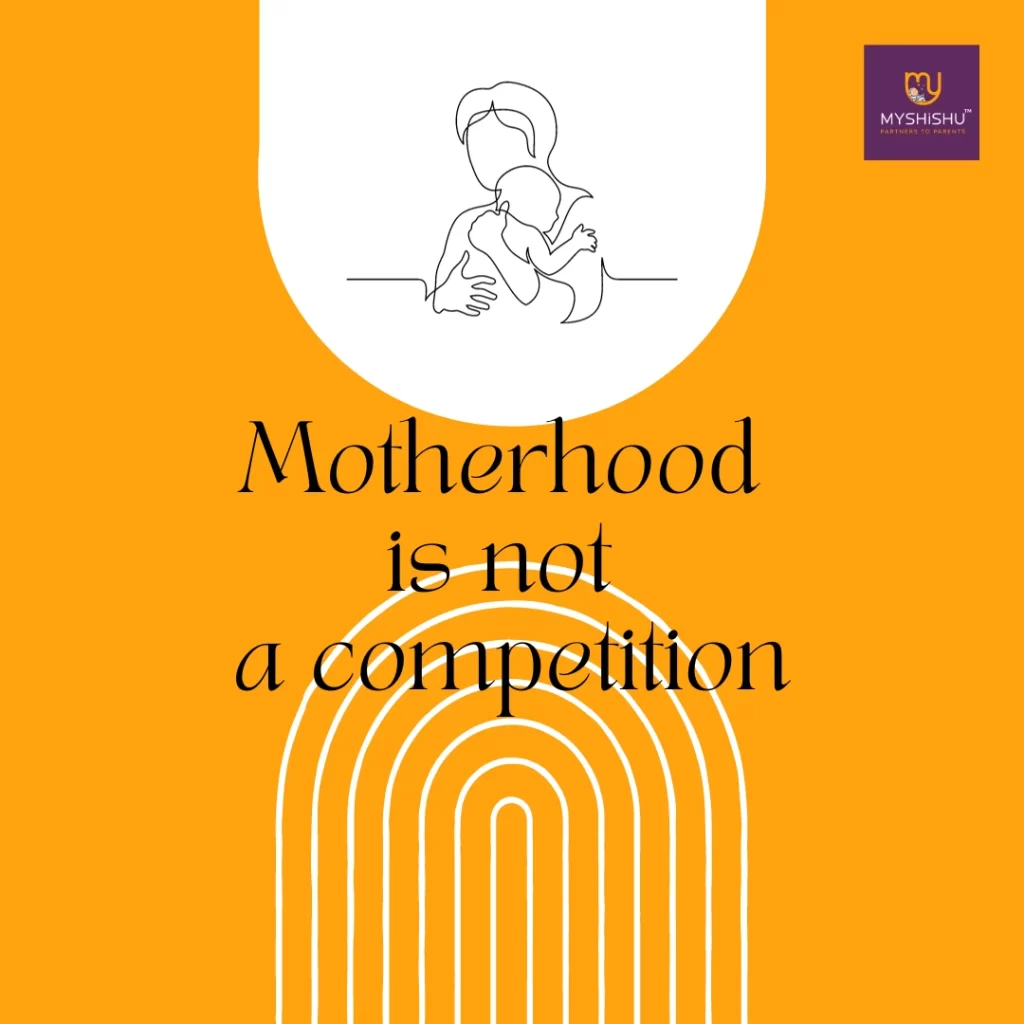What is waldorf parenting?
What is waldorf parenting?
In the world of parenting, there are numerous approaches, each with its unique philosophy and principles. One such distinctive approach is Waldorf parenting, rooted in the belief that children are spiritual beings and that their development is best nurtured through a blend of simplicity, imagination, and reverence for childhood. In this blog, we’ll delve into the essence of Waldorf parenting and explore how it can positively influence your child’s growth and well-being.
Table of Contents
- The Spiritual Foundation of Waldorf Parenting:
- Shaping Childhood Through Imagination:
- Slowing Down in a Fast-Paced World:
- Parent as the Authority:
- A Life Without Screens:
- Embracing the Waldorf Lifestyle:
- Conclusion:
The Spiritual Foundation of Waldorf Parenting:
Waldorf parenting, often associated with the Waldorf education system, is deeply grounded in the belief that every child is a spiritual being with a unique path to unfold. According to this philosophy, children are not empty vessels waiting to be filled with knowledge, but rather individuals on a profound journey of self-discovery. Waldorf parents recognize the importance of allowing their children to navigate this journey at their own pace, free from the pressures of the modern, fast-paced world.

Shaping Childhood Through Imagination:
One of the core principles of Waldorf parenting is the idea that young children thrive when surrounded by an environment that stimulates their imagination. This approach encourages parents to provide their children with simple, open-ended toys made from natural materials. Instead of inundating children with flashy, pre-programmed gadgets, Waldorf parents offer toys that allow for imaginative play and creativity. By doing so, children develop vital skills such as problem-solving, empathy, and a deep connection with the world around them.
Slowing Down in a Fast-Paced World:
In our modern society, we often rush our children through their early years, eager to reach developmental milestones and achieve academic goals. Waldorf parenting, however, encourages a more relaxed approach. Instead of pushing children to grow up too quickly, parents are urged to embrace the present moment and let their children experience the world in their own time. This means allowing kids to revel in the wonders of childhood, free from the pressures of adult-like responsibilities.
You lay your hand against his skin and just rib his back. Blow into his ear. Press that baby up against your own skin and walk outside with him, where the night air will surround him, and moonlight fall on his face. Whistle, maybe. Dance. Hum. Pray. (How to calm a crying baby).
Joyce Maynard
Parent as the Authority:
Waldorf parenting emphasizes the role of the parent as an authority figure in a child’s life. This doesn’t mean being authoritarian but rather providing a secure and nurturing environment where children can flourish. Parents set boundaries and expectations, creating a sense of stability and safety. This approach allows children to explore the world around them with confidence, knowing they have a reliable source of guidance.
A Life Without Screens:
In a world dominated by screens and digital distractions, Waldorf parenting takes a different stance. It discourages exposing young children to media and screens as it believes that they can hinder the development of the child’s innate creativity and imagination. Instead, Waldorf parents opt for real-life experiences, such as nature walks, storytelling, and hands-on activities.

Embracing the Waldorf Lifestyle:
To fully embrace Waldorf parenting, consider incorporating these practices into your daily life:
- Create a Simple, Clutter-Free Environment: Keep your child’s play area uncluttered and filled with natural toys like wooden blocks, dolls, and craft materials.
- Unplug and Connect: Limit screen time for your children and replace it with quality time outdoors, reading, or engaging in creative play.
- Celebrate Daily Rhythms: Establish daily routines and rituals that provide a sense of security and predictability for your child.
- Engage in Art and Craft Activities: Encourage your child’s creativity through art, drawing, and craft projects.
- Nurture a Love for Nature: Spend time outdoors, exploring and appreciating the wonders of the natural world.
Conclusion:
Waldorf parenting offers a unique perspective on child-rearing, emphasizing the importance of imagination, simplicity, and spiritual growth. By embracing this approach, parents can provide their children with a childhood filled with wonder, exploration, and the freedom to be themselves. It’s an invitation to slow down, savor the present, and support your child’s journey of self-discovery in an increasingly fast-paced world.
Remember, every child is a masterpiece in the making, and Waldorf parenting helps unveil the beauty of their individuality.
Quiz Time:
- What is one of the core principles of Waldorf parenting that encourages imaginative play?
- A. Exposing children to screens
- B. Providing flashy gadgets
- C. Offering open-ended, natural toys
- D. Scheduling rigorous academic activities
- What role does Waldorf parenting ascribe to parents in a child’s life?
- A. Authoritarian rule
- B. Nurturing and guidance
- C. Complete independence
- D. Negligence
(Answers: 1 – C, 2 – B)
Celebrate each step of your child’s journey and remember that parenting is an ever-evolving adventure. Stay tuned for more insightful blogs from MyShishu!
Explore our range of courses on new-age parenting at New-Age Parenting | Modern Parenting Styles | MYSHISHU.
For additional parenting insights and valuable information, check out our blog “Cry, Feeding and Weaning of Newborn Baby” at Cry, Feeding and Weaning of Newborn Baby – MyShishu.
Hope you’ve enjoyed the blog “What is waldorf parenting?”. Happy Parenting!











